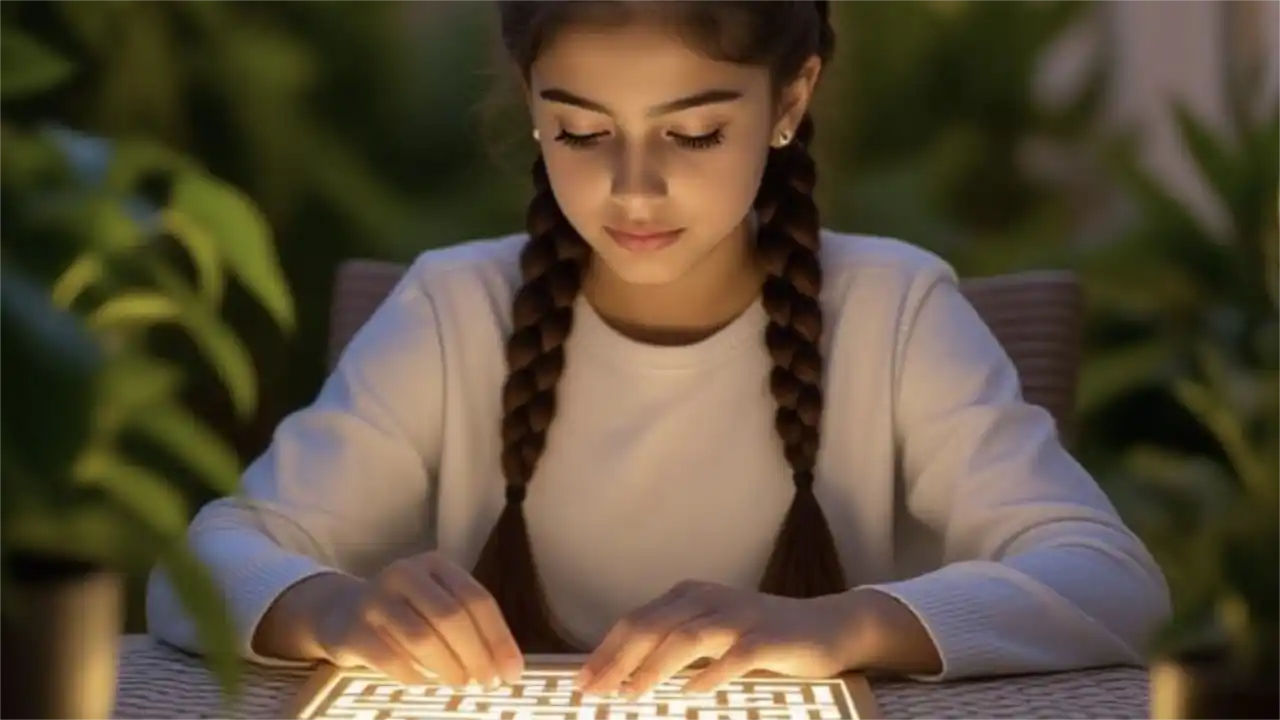
Developing Critical Thinking: Solve Puzzles to Sharpen Minds
P
uzzles teach children something school often forgets: how to sit with uncertainty and work through it. Instead of rushing toward the “right” answer, they learn to slow down, test ideas, and try again. In the Greek agoras, problem-solving wasn’t just for scholars—it was daily practice, built into the way people thought aloud, reasoned together, and broke big ideas into small, manageable parts. At home, this spirit can return. A puzzle—whether it’s a maze, a brainteaser, or a family riddle—can become the spark that trains your child’s patience, logic, and grit.
One game night, my son hit a wall with a tricky riddle. Frustrated, he threw up his hands. Instead of stepping in, I asked, “What’s the first thing you do know?” That shifted his focus. He paused, reconsidered the clues, and slowly tested his way through. It wasn’t instant—but it was real work, and it built real confidence. Since then, I’ve watched him bring that same persistence to school challenges and group projects, no longer backing down at the first snag. The riddle was never just a game—it was a rehearsal for clear thinking.
Make time for these moments. Whether it’s a logic puzzle at dinner or a scavenger clue that needs solving, invite your child to tackle it aloud. Ask questions that push their reasoning without giving it away. Over time, they’ll learn how to break things down, hold ideas in tension, and keep going. These aren’t just thinking skills—they’re life skills. And when your home becomes a place where puzzles aren’t frustrating, but fun, you’re helping shape a mind that stays steady under pressure.
Developing critical thinking
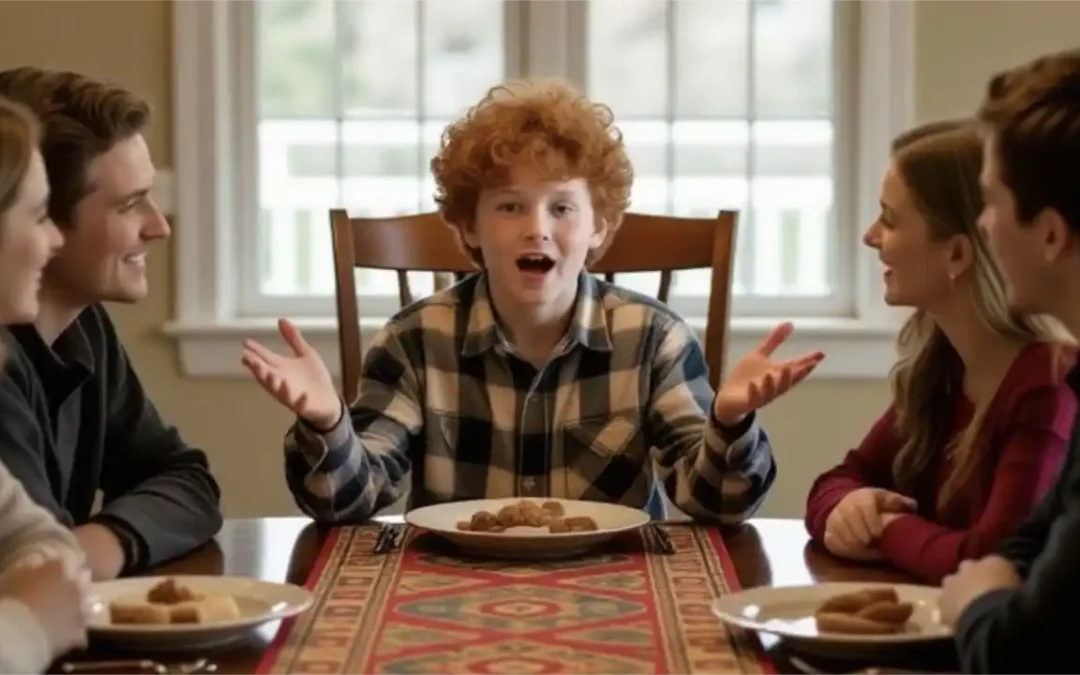
Developing Critical Thinking: Argue Sharp in Word Clashes
Teach children to disagree with respect and clarity. Help them build confident expression, strong reasoning, and effective communication from a young age.
Table of contents

Primordial Soup for the Mind: Navigation
Navigate the book Primordial Soup for the Mind.
TIPS
-
Start with simple puzzles to build confidence.
-
Ask guiding questions like “What’s next?” to spark logic.
-
Celebrate their solving process, not just answers.
ACTIVITIES
- Riddle Talk: At dinner, ask, “What puzzle did you solve?” Discuss for 10 minutes to sharpen thinking.
- Solve Talk: During a game, ask, “How can we solve this?” Discuss for 15 minutes to encourage analysis.
EXAMPLE
My daughter struggled with a puzzle but solved it when I asked, “What piece is missing?” Her logic now shines in class.

Download “Primordial Soup for the Mind: A Parent’s Guide to Nurturing Intellectual Growth”
Enter your information to get this article and hundreds more as part of the FREE book Primordial Soup for the Mind.
Share your thoughts with the Thought Academy community in the Comments section below.

Sharpen those skills!
Enter your information to get our FREE practice exercises so you can hone your critical thinking and reasoning skills!



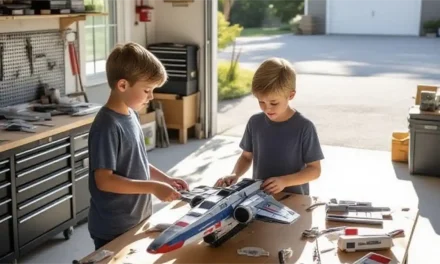

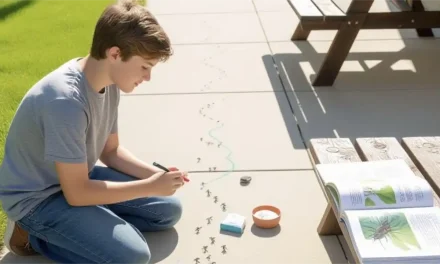
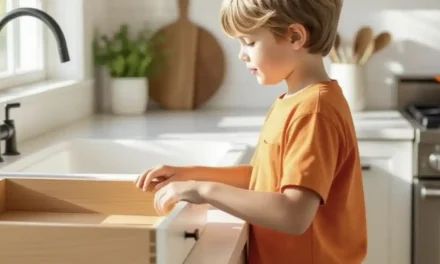
0 Comments